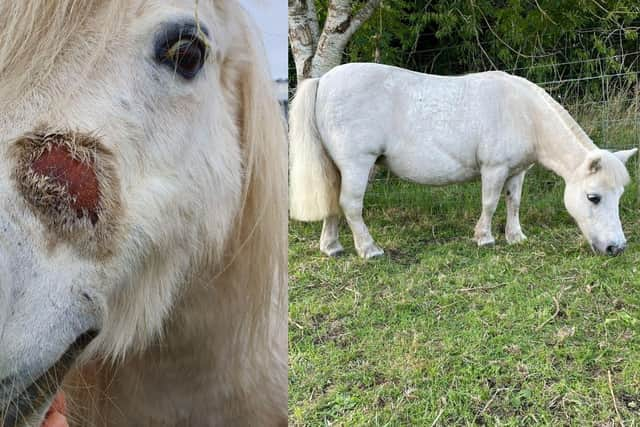Animal welfare: 'New legislation in Scotland will benefit thousands of rescue animals waiting to be rehomed’, says SSPCA
As of Thursday, authorised persons such as Scottish SPCA inspectors, the police or individuals appointed by local authorities will have the power to rehome animals which have not been signed over by their owner without the need to get a civil order to rehome animals.
Through the Animals and Wildlife (Penalties, Protections and Powers) (Scotland) Act 2020, a new section has been inserted into the Animal Health and Welfare (Scotland) Act 2006.
Advertisement
Hide AdAdvertisement
Hide AdScotland’s animal welfare charity anticipate the reforms could reduce days spent in care in a kennel environment for such animals by over 90%.


Talking about the benefit of having this new legislation in place, Kirsteen Campbell, Scottish SPCA chief executive said: “The rampant expansion of the puppy trade and swell in public demand for companion animals in recent years has led to us doing ever more work to tackle low-welfare animal breeders and dealers and this legislation will allow us to move these animals on quickly.
"Not only will this benefit their welfare, it will free up critical space in our rescue centres for more animals in need.”
Previously, animals which were seized on welfare grounds without their owners signing them over would have to be kept in a rescue centre until any legal proceedings, such as a civil case or criminal case, concluded.


Keeping animals under such circumstances is known as providing ‘temporary refuge’.
Now, the Scottish SPCA and other organisations will be able to rehome animals caught up in such circumstances after just three weeks.
In 2020, temporary refuge dogs spent an average of 203 days living in a kennel environment. On average, the Scottish SPCA provides care and accommodation for approximately 1,500 temporary refuge animals each year, at an estimated cost of over £500,000 per annum.
Ms Campbell said: “Rescue animals are taken from dire situations which should be a turning point in their lives.
Advertisement
Hide AdAdvertisement
Hide Ad"Sadly, in situations where an owner refuses to sign mistreated or neglected animals over into our care, seizure can mark the start of a long, complex process which takes months of even years of legal wrangling. Whilst our phenomenal, dedicated animal care teams provide first-class rehabilitation and support, a rescue centre is no substitute for a loving home and animals can deteriorate when held in such conditions for a prolonged period of time.”
Under the new legislation, an agency which moves animals on then subsequently loses any legal proceedings would be liable for compensation to the owner.
Ms Campbell said Scotland is the first place in the UK to introduce these reforms.
She added: "I am particularly proud of the role the Scottish SPCA has played in driving this change through supplying evidence, engaging with MSPs and highlighting the emotional cost the previous temporary refuge situation has on people and animals.
"We are the first place in the UK to introduce such reforms and it will transform the lives of tens of thousands of rescue animals for years to come.”
A message from the Editor:
Thank you for reading this article. We're more reliant on your support than ever as the shift in consumer habits brought about by Coronavirus impacts our advertisers.
If you haven't already, please consider supporting our trusted, fact-checked journalism by taking out a digital subscription.
Comments
Want to join the conversation? Please or to comment on this article.
